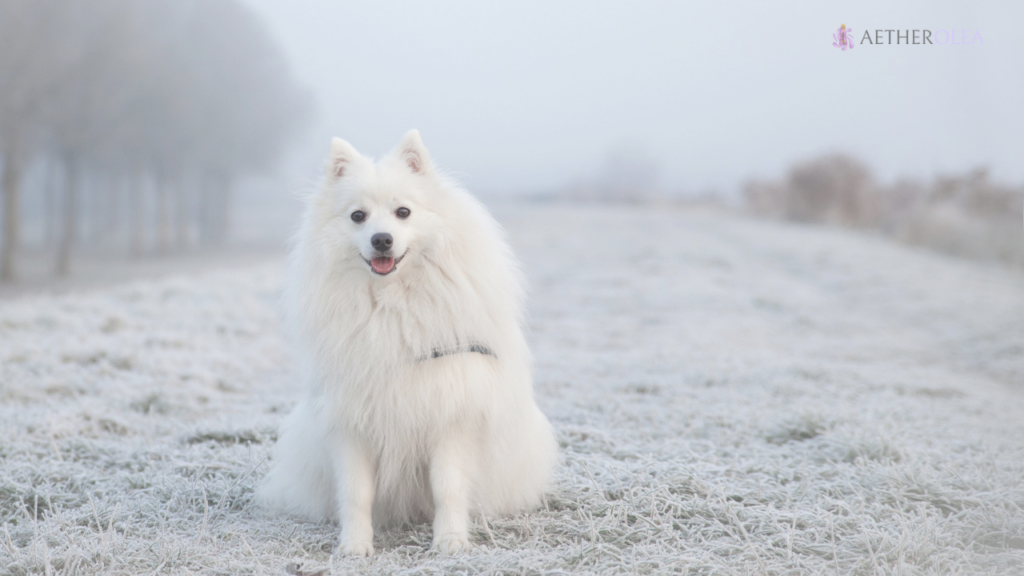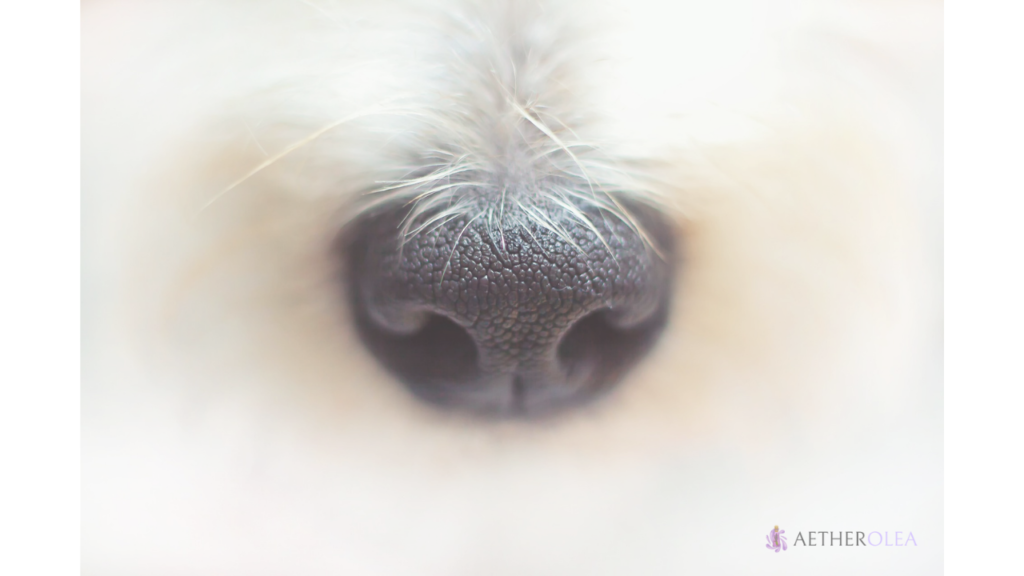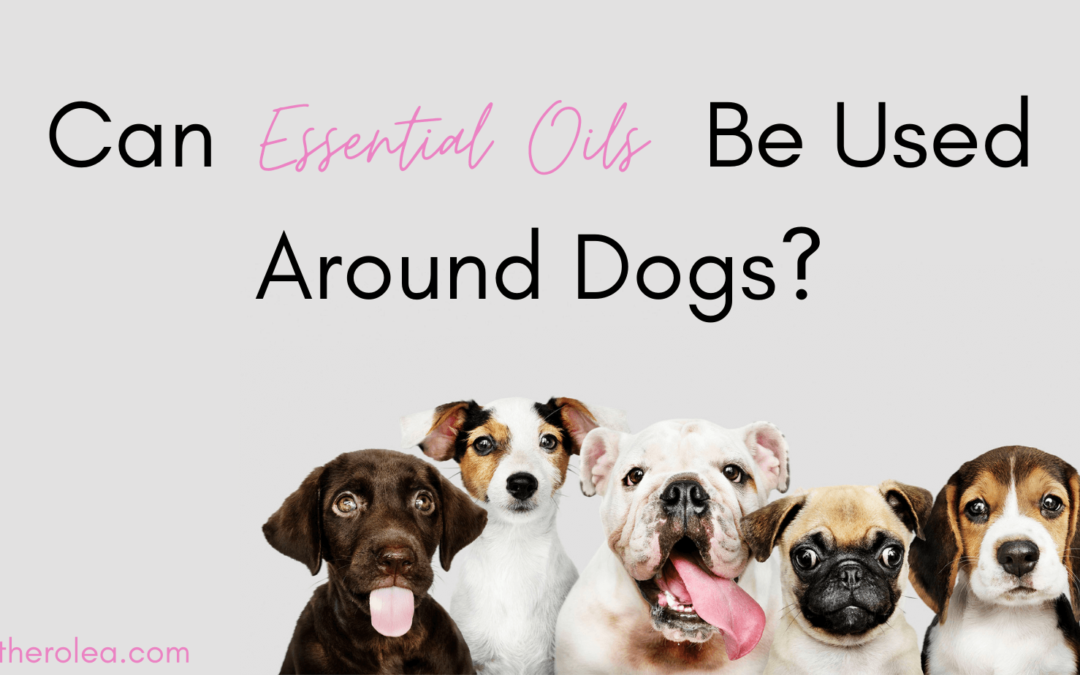Essential oils can have adverse effects on dogs, especially if not used correctly. Dogs have a more powerful sense of smell than humans, and the essential oils’ compounds can be overwhelming for them. When essential oils are diffused or applied topically on dogs, they can cause allergic reactions, skin irritations, respiratory issues, and even toxicity.
The toxicity of essential oils varies depending on the type of oil and the dog’s size, age, and health condition. Some oils, such as tea tree, peppermint, eucalyptus, and citrus oils, can be particularly harmful to dogs when ingested or inhaled. These oils can cause vomiting, diarrhea, seizures, liver failure, and even death in severe cases.
To avoid any harm to your furry friend, it’s crucial to use essential oils around dogs safely. Always dilute the oils before using them, keep them out of reach, and use them in well-ventilated areas. Avoid using essential oils directly on your dog’s skin or near their face, and never give them essential oils to consume orally.
In conclusion, while essential oils can offer a range of benefits for humans, they should be used cautiously around dogs. When using essential oils around pets, be sure to follow proper safety protocols, and if in doubt, consult with your veterinarian first.

If you want to know more about the features of essential oils and how they reflect on dogs, keep on reading and learn more about this. In the following, we will explain if essential oils are dangerous for dogs, and if they are, how much are they actually!
What are essential oils made of?
Essential oils are nothing more than plant extracts. We use cooking oil every day, which we’ve got from coconuts, olives, sunflowers, and other plants. We don’t use these plants to make essential oils because their scent is not as pleasing as other plants’ oils.
Some of those commonly used in the essential oil industry are eucalyptus, cinnamon, pine, citrus, ylang-ylang, sweet birch, peppermint, and others. Although the scent from these oils is amazing, the compounds are also toxic for dogs.

These fatty aromatic compounds are often so concentrated that the oil is basically toxic for your dog. Your dog doesn’t even have to do anything in particular; the compounds are lipophilic, which means they are attracted to your dog’s nose and lips.
When they touch your dog’s mucous membranes, they instantly go into the bloodstream and are transported into the liver, which is supposed to get rid of them. In other words, it’s just like you’ve given your dog to drink pure cooking oil.
Dog’s sense of taste and smell is much stronger than human’s
It’s important to note that each dog is different and may react differently to essential oils. Some dogs may be more sensitive to certain scents, and others may have pre-existing conditions that make them more susceptible to the toxic effects of certain essential oils.
In general, it’s best to err on the side of caution when using essential oils around your pets. Keep diffusers in well-ventilated areas, use them sparingly, and always monitor your pet’s behavior and health when using essential oils.

If you’re unsure about whether a particular essential oil is safe for your dog, it’s always best to consult with your veterinarian before using it. They can advise you on the best course of action and provide guidance on safe and effective ways to use essential oils around your furry friend.
The respiratory issue is the most worrying of them all
It is important to note that even if your dog does not show immediate signs of distress or discomfort, long-term exposure to essential oils can have harmful effects on their health. These effects may not be immediately apparent, but they can build up over time and lead to serious health issues.
In conclusion, while essential oils can have many benefits for humans, they should be used with caution around dogs. It is important to avoid exposing them to concentrated essential oils directly, as well as to ensure that they have access to fresh air and proper ventilation. If you are unsure about the safety of using essential oils around your dog, it is always best to consult with a veterinarian.
Not all oils are equally dangerous
In the debate of whether essential oils are dangerous or not for dogs, and can essential oils be used around dogs it’s crucial to know that not all of them have the same effect, and not all of them will equally affect all dog breeds. It’s best to ask your veterinarian about your pet and if it is recommended to use one while they are home or not.
In general, some essential oils are safer than others. We already mentioned those that are not safe above – eucalyptus, cinnamon, etc. Still, there are also those that are okay to be used, and many pet owners will find them beneficial depending on their effect on dogs. Here you can read which essential oils are toxic for dogs.

Some of those essential oils can be used around dogs:
- Lavender – calms the dog
- Cedarwood – repels harmful and annoying insects
- Chamomile – great for the gastrointestinal system
- Fennel
- Eucalyptus
- Lemongrass
- Rose oil, etc.
Conclusion
After everything we said, most readers will still have no clear answer whether essential oils are harmful to their dogs or not. If you want a clear answer and without hanging on the fence, that would be – yes, essential oils are dangerous for dogs.
We say this only because it is safer for all dogs, in general. Some dog owners might not understand the risks and only read about the benefits, which will severely harm their pets. Most precisely said – certain types of essential oils in small doses are safe and can be beneficial, but constant exposure to them can harm dogs and cause serious health issues.


Recent Comments